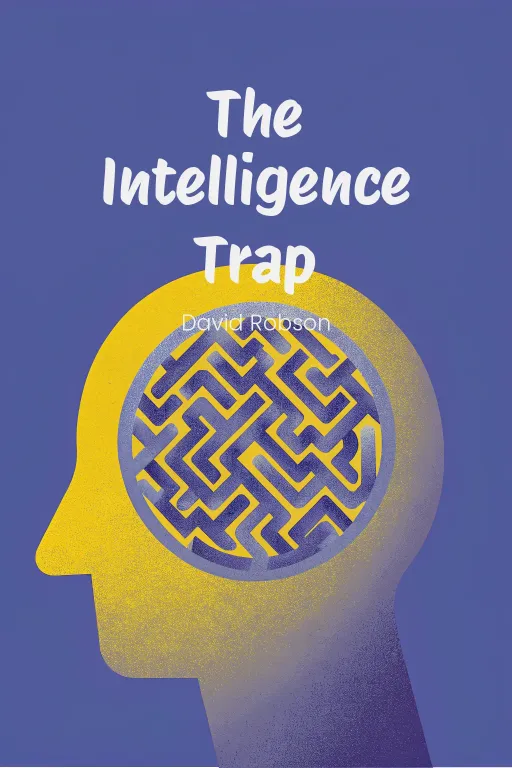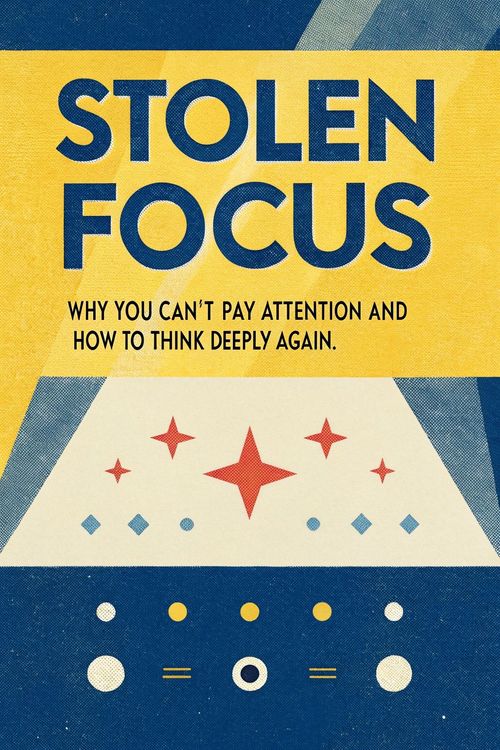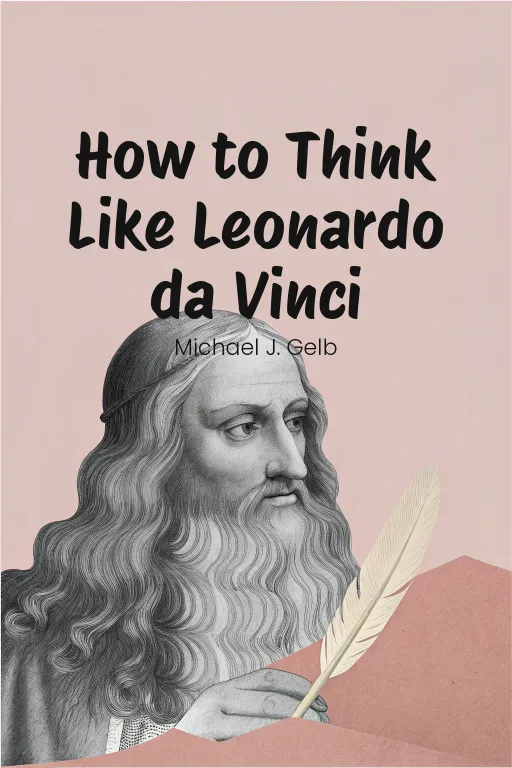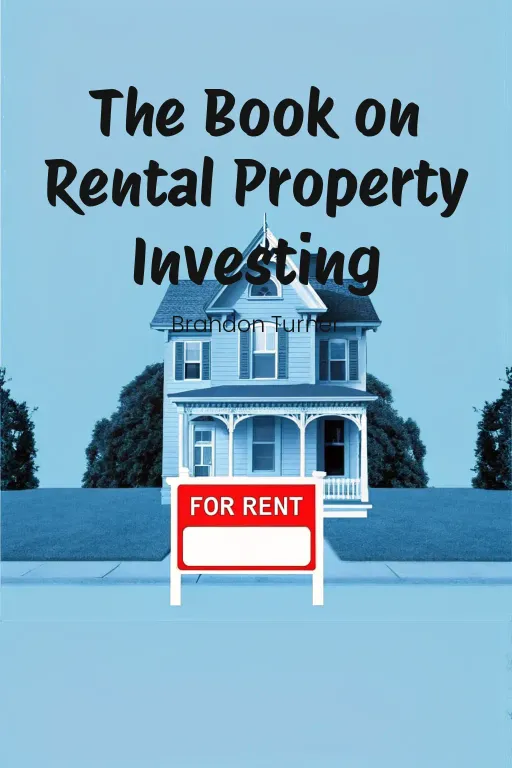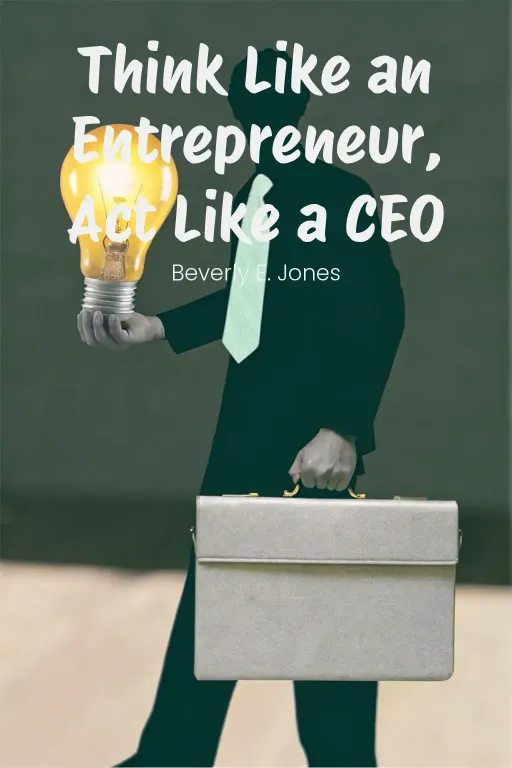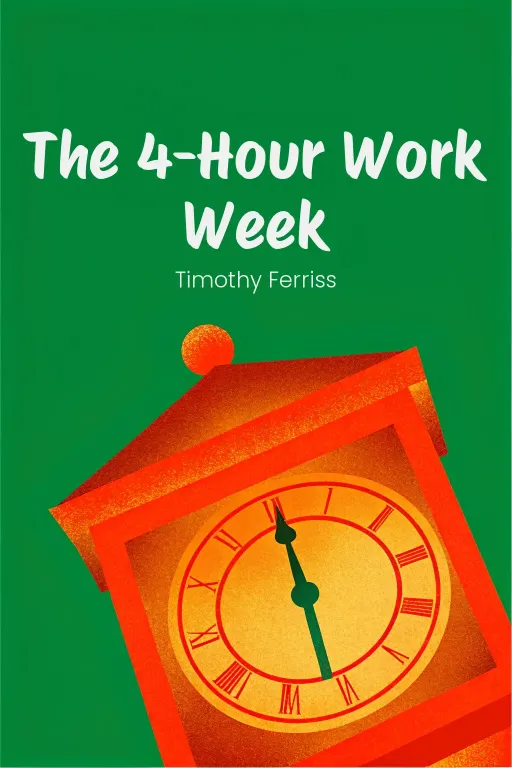
The 4-Hour Work Week
Personal Development
Timothy Ferriss
A Comprehensive Summary of "The 4-Hour Workweek: Escape 9-5, Live Anywhere, and Join the New Rich"
Tim Ferriss's The 4-Hour Workweek propounds a paradigm shift in lifestyle design, challenging deeply entrenched societal norms surrounding work, success, and the deferred-life plan. Far from advocating mere indolence, Ferriss champions a life of deliberate intention, marked by personal fulfillment, enriching experiences, and the strategic deployment of automation and outsourcing to liberate oneself from the conventional strictures of the 9-to-5 grind. Armed with the DEAL framework – Definition, Elimination, Automation, and Liberation – the book serves as a detailed roadmap for individuals seeking to dismantle traditional notions of wealth and achievement, construct remote or automated enterprises ("muses"), and embrace mini-retirements as integral components of a mobile, deeply satisfying existence.
Introduction: A Departure from Convention
At its core, The 4-Hour Workweek represents a radical divergence from the prevailing societal narrative that conflates relentless labor with ultimate success. Ferriss confronts the deeply ingrained belief in deferring pleasure and autonomy until the twilight years of retirement, urging instead a proactive embrace of freedom, mobility, and immediate gratification. He posits a life wherein work serves as a facilitator of personal fulfillment rather than its defining characteristic. This ethos has galvanized a burgeoning global movement, empowering individuals to meticulously engineer their lives in accordance with their innermost aspirations, affording them heightened autonomy and profound satisfaction in their daily routines.
The impetus behind Ferriss's revolutionary treatise stems from his own transformative odyssey, from an overextended employee tethered to a demanding schedule to a luminary among what he designates the New Rich – a cohort prioritizing rich, immediate experiences, and leveraging existing resources to cultivate wealth. The overwhelmingly positive reception accorded to The 4-Hour Workweek, evidenced by its ascent to the New York Times bestseller list and translation into numerous languages, underscores not only its enduring relevance but also the collective yearning for a novel, more equitable definition of success.
Acclaim and Personal Motivation: A Universal Resonance
The endorsements garnered by The 4-Hour Workweek highlight its profound impact across disparate industries and demographics. Esteemed figures such as Jack Canfield of Chicken Soup for the Soul fame extol its merits as a long-overdue manifesto for the mobile lifestyle, while Phil Town recognizes its potential to effect transformative change for individuals spanning the economic spectrum. This chorus of praise underscores a universal truth: Ferriss's work resonates because it addresses an innate yearning for liberation from the constraints of unfulfilling labor.
Ferriss's personal journey serves as the cornerstone of his teachings, providing tangible evidence of the principles expounded within the book's pages. He recounts pivotal moments that compelled him to question the deeply ingrained norms surrounding work and lifestyle. Through these deeply personal narratives, Ferriss challenges readers to critically assess their own lives, pondering the question, "What if you could use mini-retirements to sample your deferred-life plan reward before committing to a lifetime of work?". He dismantles the myth that wealth is an end unto itself, arguing that individuals covet wealth for the attendant experiences and fulfillment it supposedly offers. Thus, The 4-Hour Workweek provides a blueprint for re-engineering life around personal passions and priorities, urging readers to adopt a life where income is decoupled from time and to embrace adventure and experiential richness over conventional, often hollow, achievements.
Foundations: Expanded Concepts and FAQs
The expanded and updated edition of The 4-Hour Workweek reflects the profound transformations catalyzed by technological advancements and societal shifts. It underscores how technologies like Artificial Intelligence, and platforms for remote collaboration, have revolutionised the way we approach work and productivity. The concept of "lifestyle design" emerges as a global movement, reshaping individual priorities and inviting a redefinition of our paths.
Addressing common doubts and hesitations, Ferriss reassures readers that embarking on this journey need not entail drastic measures. He emphasizes scalability, affirming that the principles of freedom and flexibility can be adapted to varying comfort levels and personal circumstances. It is not a lifestyle reserve for the elite, but an inclusive opportunity for those seeking a richer life. Through a tapestry of case studies, the book advocates abandoning the "deferred-life plan" and embracing the opportunities available through technology and globalisation.
The DEAL Framework: A Blueprint for Liberation
The DEAL framework serves as a systematic methodology for reimagining one's life, enabling the transition from conventional drudgery to a life of freedom and purpose.
-
Definition: This pivotal first step involves challenging societal norms and redefining wealth beyond mere monetary accumulation. Dreamlining is introduced as a strategy for setting meaningful goals, aligning one's actions with concrete timelines and financial requirements.
-
Elimination: This phase centers on optimizing efficiency by ruthlessly pruning non-essential tasks and activities. It advocates embracing the 80/20 Principle and Parkinson’s Law to focus on high-yield endeavors. Readers are challenged to cultivate "selective ignorance," minimizing distractions and honing focus on the critical few tasks that align with their goals.
-
Automation: Here, the focus shifts to automating routine tasks through outsourcing to virtual assistants and leveraging geographical arbitrage to maximise productivity and income. Techniques for VA, management and communication, as well as tips for creating and maintaining passive and automated revenue streams (muses), are provided.
-
Liberation: In the final stage, individuals embrace remote work, location independence, and the concept of "mini-retirements." The emphasis is on deconstructing conventional work-life structures and designing a life filled with exploration, continuous learning, and truly living.
Business Strategies and Tools: Practical Applications
The book elaborates on building automated income through "muses", providing a step-by-step guide for idea generation, market validation, and launching passive income ventures. Emphasis is placed on niche marketing, cost-effective promotional efforts, and responsive product development. Specific productivity-enhancing strategies are also outlined, including managing distractions, minimizing interruptions, and effectively delegating tasks. Tools are also provided for task prioritisation and maximising impact activity efforts.
Lifestyle Redesign: A Call to Action
Ferriss's The 4-Hour Workweek serves not merely as a theoretical treatise but as a practical manual for effecting profound life change. Through a compelling blend of philosophical insights, actionable strategies, and motivational encouragement, the book challenges readers to take control of their lives, embrace their passions, and design a future defined by freedom, fulfillment, and genuine prosperity. It is an invitation to join a movement – one that celebrates the limitless potential inherent in each individual and the transformative power of a life lived with intentionality.



